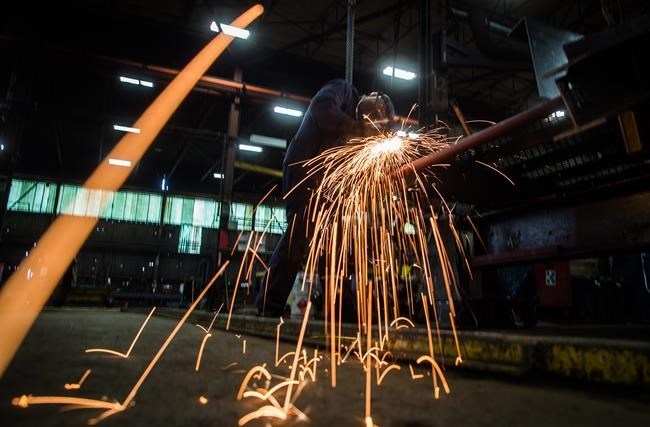The province’s industrial backbone gave provincial Finance Minister Carole James’ latest budget a failing grade this week, as it complained there is little support for industries and manufacturers competing on a global stage.
While the budget promised the forest industry long-term revitalization by bringing stakeholders together to discuss the issues and $13 million in new funding to explore the “bio-economy” [turning waste wood into fuel and value-added products] other groups said they have been largely ignored.
“There’s nothing in that budget for manufacturers, there’s no bad news, but no good news,” said Andrew Wynn-Williams, B.C. vice-president of the Canadian Manufacturers and Exporters.
Wynn-Williams said the challenge for manufacturers all over the province is an escalation in costs from things like increases in the carbon tax and the introduction last year of the employer health tax.
“Yet there’s no corresponding support to offset those,” he said, adding manufacturers in B.C. risk falling behind international competitors.
“Despite the government’s commitment that B.C.’s leadership on climate change would not impair business competitiveness, there is no expansion of the CleanBC Industrial Incentive and Industrial Investment programs to companies emitting less than 10,000 tonnes of carbon,” he said. “This is a critical disadvantage to companies who make things here and export them elsewhere.”
The budget estimates revenue from the carbon tax will increase this year to $1.95 billion, and to $2.2 billion next year when the carbon tax rate increases to $50 per tonne from $40.
“We have been working with the province on a low-carbon industrial strategy, and come to an agreement that we have a competitive advantage because the carbon intensity of the things we sell to the world have half the [greenhouse gas] intensity of competing jurisdictions,” said Greg D’Avignon, president of the Business Council of B.C.
He added that without support to offset the cost of the carbon tax “these industries are now operating at a unique global and North American competitive disadvantage.”
D’Avignon said it’s time for action, or investment and jobs will be leaving the province.
“Capital acts, it leaves,” he said.
Mike Goehring, president of the Mining Association of B.C. suggested his industry is at a crossroads.
“We need a level playing field with other Canadian mines and our global competitors. Without this, our mines and the jobs and wealth they create in communities across B.C. are at risk,” he said.
He said without protection for trade-exposed industries, B.C.’s Carbon Tax will strip competitiveness from the province’s mining operations and kill investment for new mines.
“Without [it], there will be a gradual shift in production to other lower-cost jurisdictions that will lead to more global GHG emissions overall,” he added.



